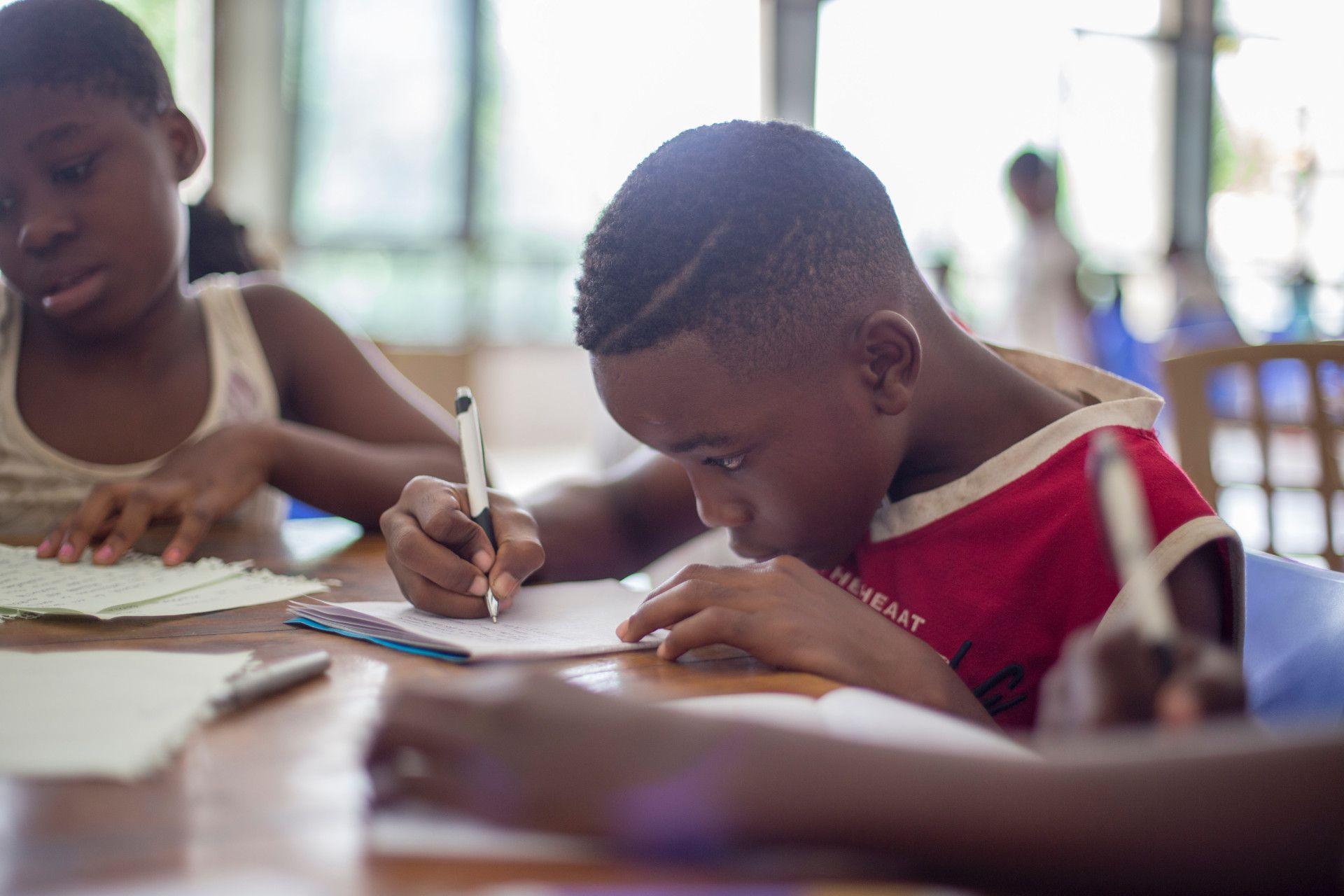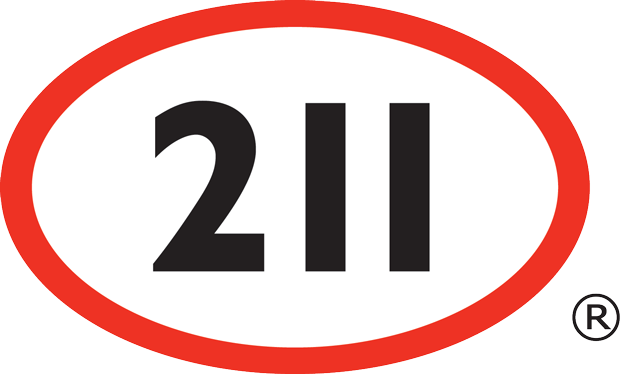Christmas Baskets


Find Community and Social Resources
Find services by topic
Justice-involved individuals face numerous obstacles to reintegration into society: stigmatization, difficulties in accessing employment or housing, loss of social and family ties... However, the reintegration of ex-offenders is essential to prevent recidivism and to restore the confidence and self-esteem necessary for an active life in society. Support programs are therefore essential to offer them opportunities for personal, professional, and social development.
Individuals convicted by the federal justice system have access to various programs established by Correctional Service Canada: correctional, educational, social, and employment programs. These programs include vocational training, counseling services, and initiatives to facilitate employment access. Similar programs are offered by Québec correctional services for those convicted under provincial laws: training, workshops, housing services, etc.
In the community, organizations like the John Howard Society and the Elizabeth Fry Society are key players in this field. They offer personalized support and accompaniment to judicialized individuals and their families. The John Howard Society serves all types of individuals, while the Elizabeth Fry Society provides specialized resources for women and gender-diverse people. These organizations work closely with beneficiaries to develop reintegration plans tailored to their specific needs.
Other organizations offer programs specifically designed for returning to work or school, such as the YMCA and its La Boussole program, which claims to assist hundreds of inmates each year.
Mental health issues can represent a major challenge for social reintegration, and several resources exist to address this reality. CLSCs (Local Community Service Centres), for example, offer mental health services, including psychological consultations, support groups, and rehabilitation programs.
Community organizations such as Relief (formerly Revivre) and Accueil Bonneau play a crucial role by offering adapted support programs. Relief provides support groups, stress and anxiety management workshops, and online resources to help individuals better manage their mental health. Accueil Bonneau, well known for its support to homeless people, also offers mental health services, including psychological consultations and social reintegration workshops. The organization also offers day programs to help individuals develop social and professional skills, thus promoting their reintegration.
Addiction to drugs or gambling is another significant barrier to social reintegration. In Greater Montreal and throughout Québec, Addiction Rehabilitation Centres (CRDs) offer free individual and group therapy programs, reintegration assistance, and support for families.
Organizations like Dopamine also do important work in prevention and support for people who use drugs: harm reduction services, socialization spaces, and involvement projects like the Brigade Verte. The organization also collaborates with various structures such as the CLSC Hochelaga-Maisonneuve for health care access, and the Clinique Droits Devant for judicial support.
For more information on existing resources for individuals with addiction issues or their families, feel free to contact Drugs: Help and Referral and Gambling: Help and Referral services, which can provide reliable information on reintegration services offered to dependent individuals in Greater Montréal, Gatineau, and throughout Québec.
Homelessness is a major issue in Greater Montréal and Gatineau, significantly worsened by the housing crisis that has been affecting Québec in recent years. Issues related to homelessness are often complex and multifaceted, and individuals affected may face multiple challenges such as addiction, mental health issues, or judicialization. Therefore, the various resources mentioned above can often be useful to these individuals.
In addition to these, specialized resources such as the Old Brewery Mission and La Maison du Père offer a comprehensive range of services to homeless individuals, including emergency or transitional housing, psychosocial support, and professional reintegration initiatives. They implement programs that provide continuous support to individuals transitioning to permanent housing.
Social reintegration is a complex process that requires effective coordination between various public, parapublic, and community resources. To find the most suitable resources for your situation or that of a loved one you are supporting, contact our team by dialing 2-1-1 or using the chat feature at the bottom right of the screen.
You can also consult the online directory of the Association des services de réhabilitation sociale du Québec, which lists dozens of specialized organizations.



